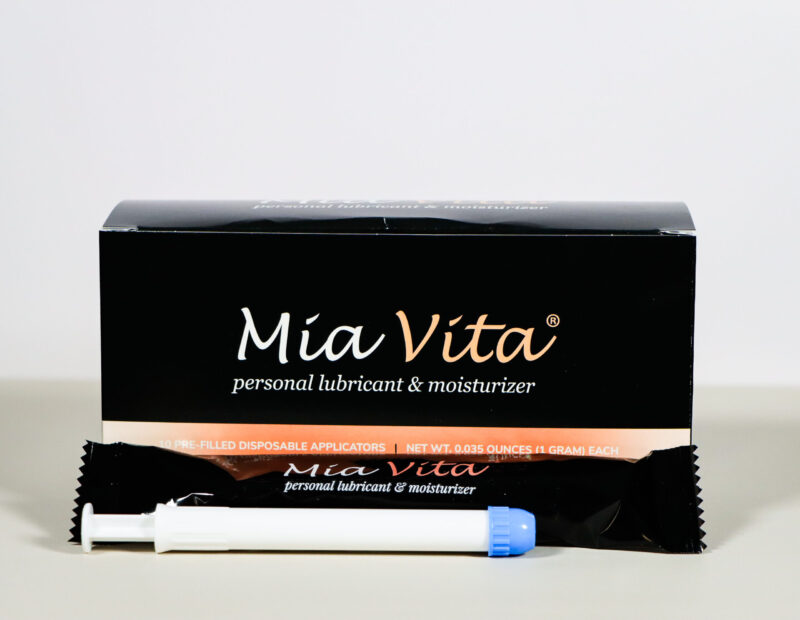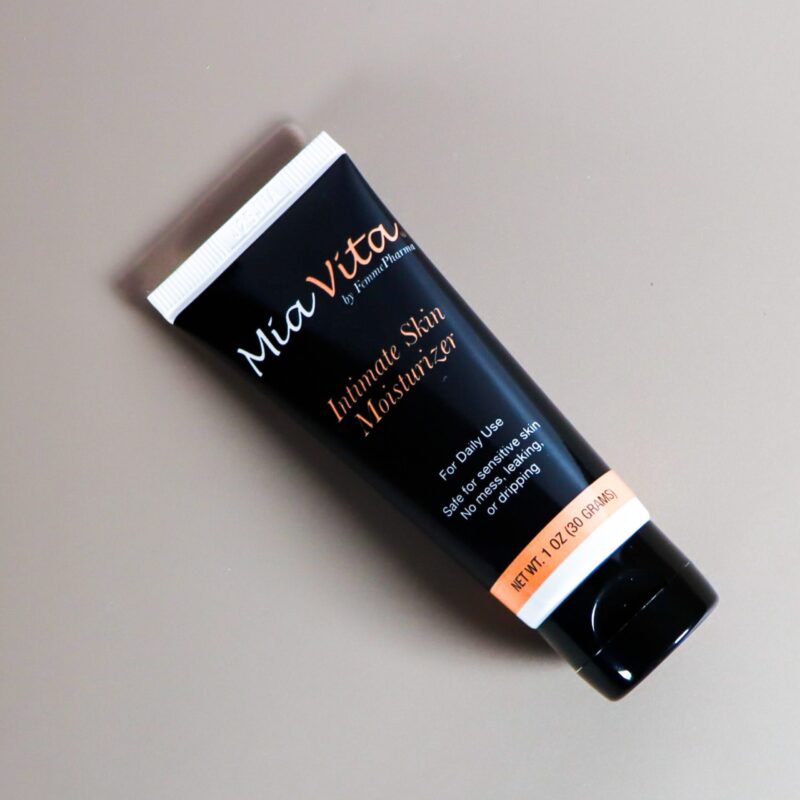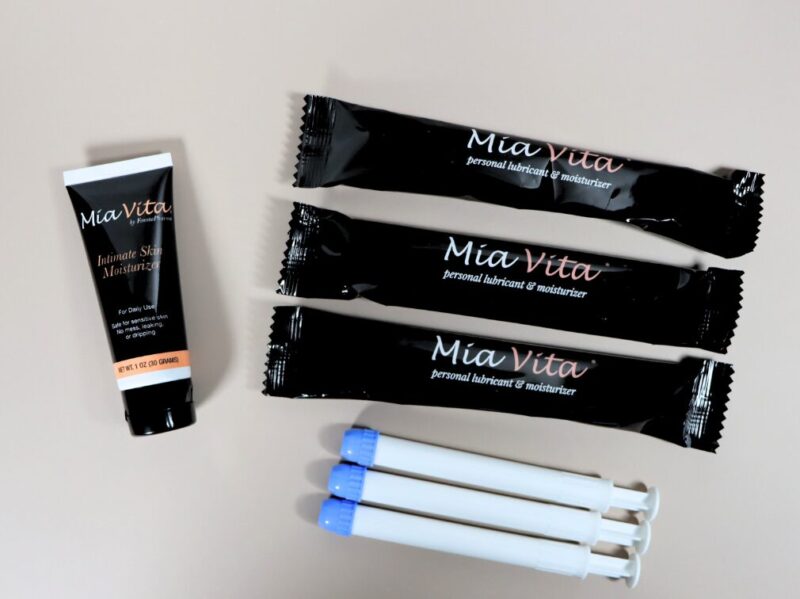Whether they’re being talked down to, assumed to be technologically illiterate, or other demeaning assumptions, older adults in general face more discrimination as they age than their younger counterparts.
On top of these ageist burdens, older women experience additional challenges that older men (typically) don’t.
In this article, we’ll explore some of these challenges and what we as women can do to overcome them and feel better about the aging process.
What challenges do women face as they age?
New versions of old sexist stereotypes
Despite being working women in the modern era, as young women, we’re expected to get married and have children. As older women, many of us begin to care for aging parents. Though it’s improved in recent years with men taking on more family responsibilities, the role of caregiver still disproportionately lands on women.
Unrealistic expectations to maintain youth and beauty
You’re probably familiar with the expression, “He’s a silver fox.” Originating from an aging baseball player with a lively personality, the expression is used to describe a handsome older man who appears sexy and distinguished with the streaks of gray in his hair.
Sadly, no equivalent description for an aging woman exists.
Part of this influence comes from the unrealistic expectations set by Hollywood and the media.
Hollywood depictions of aging
The world of cinema is rife with stereotypical depictions of female aging.
We see many more older male actors on screen than we do female actors. Historically in cinema, women start to “age out” of acting around the age of 40 – being offered fewer and fewer roles apart from the stereotypical mom or grandma character.
This age discrepancy between genders results in older men being paired with much younger actresses in romantic roles – something that is so unrealistic it’s almost laughable.
This gender imbalance onscreen is slowly starting to change, with iconic older actresses like Jane Fonda and Sally Field defying ageist stereotypes and starring in their own romantic comedies — no grandma role required. But we still have a ways to go.
Media depictions of aging
As women, we’re used to seeing glossy images of beautiful models grace the covers of the magazines we read and the content we consume. And deep down, we understand that these images are heavily altered, thus creating highly unattainable standards of beauty. But that doesn’t always make them easy to accept.
As we age, this unattainable beauty standard grows even more insidious. Not only are we supposed to look beautiful; we’re also supposed to look forever young via implants, Botox, and other surgical enhancements.
All hope is not lost, however – many women who work in the industry are serving as aging-positive role models. Whether they’re embracing the natural, makeup-free look (Alicia Keyes) or aging naturally, i.e., without cosmetic procedures or other enhancements (Jamie Lee Curtis), these celebrities are proving that it is possible to challenge societal expectations and still feel confident and beautiful in our own, natural skin as we age.
Ageism in the workplace
The pressure to maintain a youthful appearance carries into the workplace. Many workers find it difficult to get hired into new jobs as they age, with women being disproportionately affected.
Add this to the mental and physical challenges women face during menopause, and women are faced with an especially difficult problem workplace burden. In fact, this burden is so prevalent that many women in their 50s say it’s the “most challenging decade at work.”
How can we overcome ageism?
The stigma associated with women and aging is a longstanding one that cannot be eradicated overnight. But there are things we can do to feel better about ourselves as we age. Here are a few suggestions.
Limit media exposure. If you begin comparing yourself to models or celebrities too often, it may be time to disengage. Remind yourself that these images are heavily altered, and they don’t represent the majority of society. You could also seek out publications that feature realistic portrayals of older women.
Get involved! Support causes, legislation, and companies that work to fight the stigma of anti-aging.
Do some self-affirmations. Remind yourself that regardless of what society says about aging, it’s a natural, beautiful process. You are beautiful and unique just the way you are – no matter if you’re 17 or 77.
FemmePharma has been helping women navigate menopause for over two decades. No matter where you are in your journey, you deserve to have knowledgeable, intimate healthcare partners to help you feel your best. Explore our other articles, podcast episodes with women’s health experts, and products to ease your transition into menopause.


